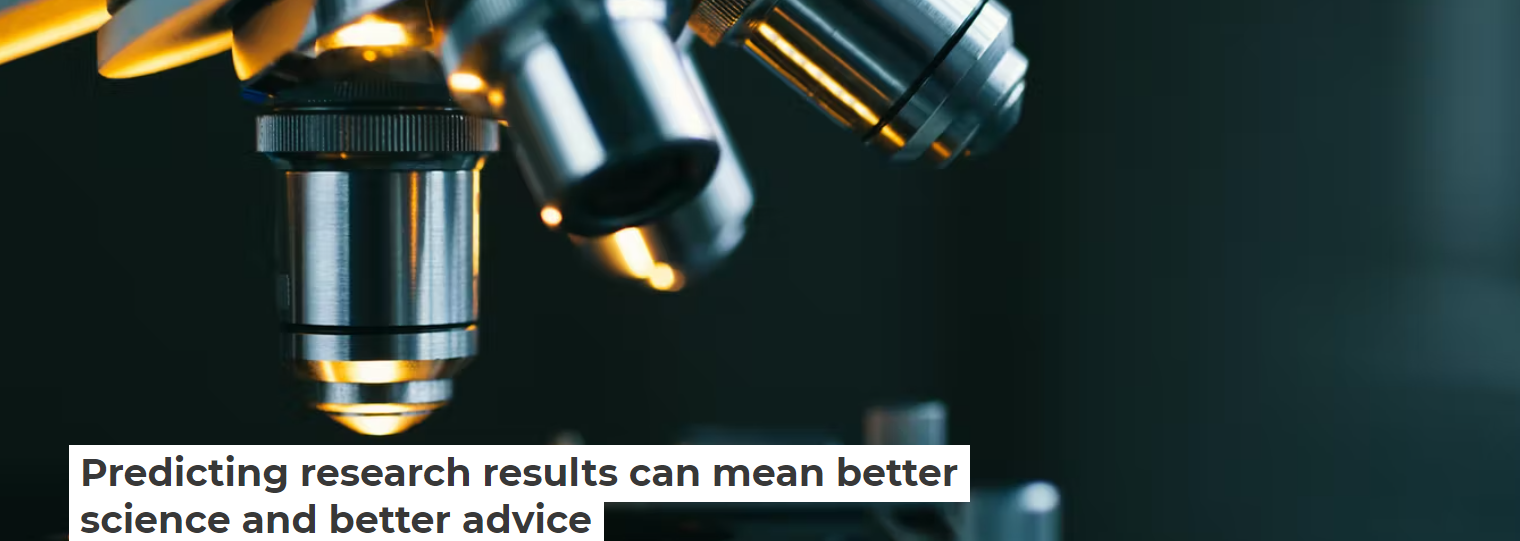Team science is better science, new report says - UCI News

Daniel Stokols , professor emeritus of planning, policy & design, and Judith Olson , professor of informatics, are co-authors of a new report from the National Research Council that concludes scientific research is increasingly dominated by teams–a promising approach that is also rife with challenges. The report is likely to have major public policy and research funding implications as academic and scientific research communities are still largely structured around an outdated concept of the independent solo investigator. Team science can be difficult, especially when teams or groups are geographically dispersed, include diverse disciplines or experience changing membership. Yet the evidence indicates that innovation and impact are enhanced by multidisciplinary science teams.





